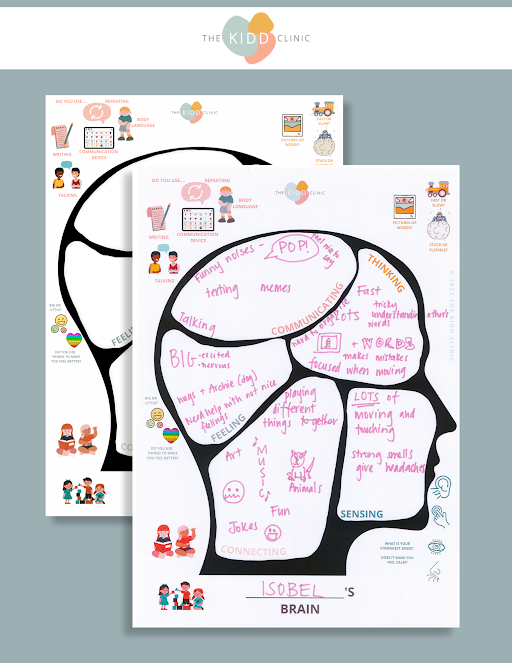Inclusion Starts With Knowledge: A Path to Increasing Inclusivity for Neurodivergent Individuals
By Isobel Ziatas
We live in a wonderfully diverse world where everyone’s mind is unique, wired in its own extraordinary way. People possess different neurotypes, such as Autism and/or ADHD and these shape how we experience and interact with the world around us. In some communities, brain differences are fostered, encouraged and admired, in other settings they are not understood.
Research has consistently shown that neurodivergent students are at a higher risk of social isolation in school settings. Relational difficulties, attitude, stigma, bullying and a lack of teacher training and resourcing can lead to greater divides between neurodivergent students and their peers. To date, the onus of social difficulties has often been placed upon the neurodivergent student, leading to fewer opportunities for social connection (see Kate’s blog on the Double Empathy Problem).
Numerous public social campaigns have proven the effectiveness of increased understanding and knowledge to break barriers for minority groups. In the past, this has included government campaigns, school-based learning programs, lived experienced representatives in policy writing and TV representation. All these information sources provide an opening for communities to increase inclusion and acceptance of minorities. Specifically, building public knowledge broadens perspectives, fosters empathy, tailors support, celebrates strengths, breaks down stigmas, and nurtures inclusion and collaboration.
Imagine the power of the greater community comprehending the struggles and triumphs of someone with ADHD, sensory sensitivities, or complex trauma. When we seek out knowledge of others' experiences, we gain insight into the challenges and strengths of those individuals.
Education and knowledge can dispel prejudice and foster a society where individuals are valued for their contributions rather than judged based on stereotypes. Understanding different neurotypes fosters an environment where people can be their authentic self, promoting a sense of belonging for all. This has secondary outcomes of environments providing appropriate individual support and accommodation, reduced mental health concerns, innovation, and enriched, diverse communities. By appreciating different neurotypes, we create opportunities for collaboration that harness a variety of perspectives and talents.
Inclusivity is not merely a buzzword; it's a fundamental principle that our society needs to uphold. At the heart of fostering true inclusion lies the cornerstone of knowledge. By understanding the unique ways in which individuals experience the world, we pave the way for empathy, support, collaboration, and a celebration of strengths. It's a journey that enriches our lives and ensures that everyone, regardless of their neurotype, can participate fully and thrive in our diverse world.
So how do you do it?
Educate yourself & your family: read books, attend workshops, listen to lived experience, and engage with online affirming communities.
Spread awareness & challenge stereotypes: Challenge stereotypes and misconceptions about neurodivergent individuals whenever you encounter them. Educate others about the diverse range of strengths and talents within the neurodivergent community.
Encourage open conversations: Foster a culture of open and honest communication. Admit when you’re not sure about something and ask for clarification.
Offer accommodations: In schools and workplaces, provide reasonable adjustments that cater to unique needs, whether it's extended deadlines, sensory-friendly spaces, breaks, or communication aids.
Listen to lived experienced voices: whether it is someone you know personally or a content creator, it is important to remember “nothing about us, without us”. Lived experienced voices have created drastic changes in how neurodivergent individuals are perceived and supported. Let's champion them!
Educate the young: Like early intervention, the sooner knowledge is acquired the more embedded and natural it is. Build inclusion early by exploring neurodiversity with the young people around you.
Let’s build a community where unique minds and ways of being are embraced and celebrated.
If you are interested in Isobel’s ‘Different Brains’ Incursions for your/ your child’s school please contact training@kiddclinic.com.au


